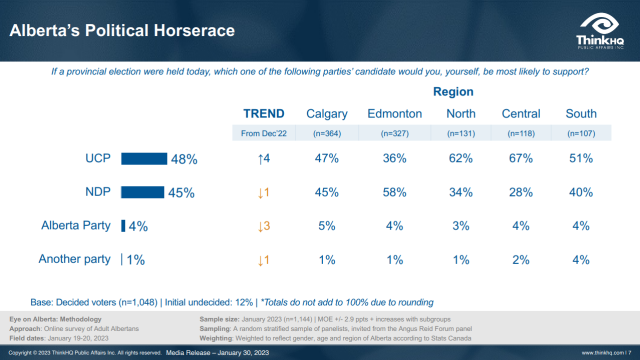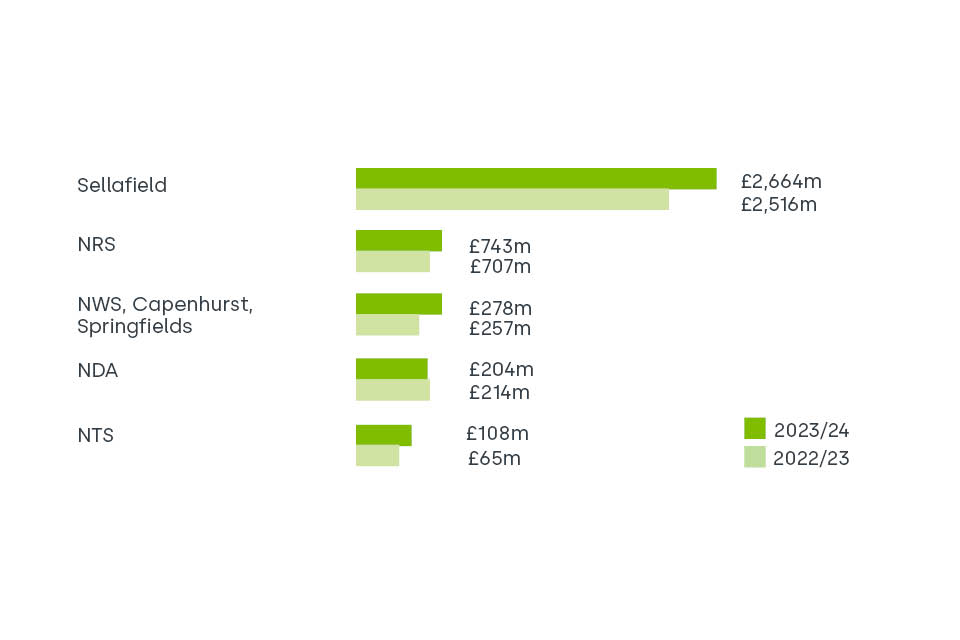NDP"s Election Disaster Unfolds
The New Democratic Party (NDP) of Canada is not just reeling from a disastrous election; it is plunging into a financial abyss that could erase it from the political landscape entirely. Winning only seven seats in the recent federal election is a stark reminder of the party"s declining influence. However, the real catastrophe lies hidden in the financial details, as reported by The Deep Dive.
Financial Fallout from Election Loss
With fewer than 50 of 343 candidates securing the necessary 10 percent of votes to qualify for campaign expense rebates, the NDP is facing a shocking shortfall. These rebates, collectively worth millions, are critical for loan repayment. Without them, the party’s financial foundation is crumbling. The NDP reportedly ran a fully-funded campaign with a legal spending cap of approximately $35.8 million, but insiders suggest they borrowed close to the maximum amount, relying heavily on these anticipated rebates to service their debt.

Alberta election: UCP, NDP | CityNews Calgary
Legal Implications of Unpaid Debt
The stakes are high. Should the NDP fail to repay its loans within three years, the outstanding amount could be classified as an illegal political contribution under the Canada Elections Act. This is a ticking time bomb for the party, as banks cannot legally contribute to political entities, and individual donations are capped at around $1,775 annually. In essence, a seemingly manageable loan could turn into a major compliance violation, leading to enforcement orders and substantial fines. As illustrated by past violations, such as the case of a Conservative volunteer charged for a minor infraction, Elections Canada is unforgiving when it comes to compliance. The NDP"s predicament is not just a financial headache; it is a legal quagmire that could spell the end of the party.
Internal Revolt and Grassroots Movements
Adding to the turmoil, grassroots factions within the party, such as Reclaim Canada’s NDP, are openly challenging the leadership. They are urging supporters to redirect their donations from the federal party to local riding associations, claiming that the central organization is too dysfunctional to be trusted. This organized rebellion is no small matter; it risks dismantling the very structure of the party. If successful, these grassroots movements could inadvertently lead to the NDP’s demise, as they seek to rebuild from the ground up without addressing the core issues plaguing the party.

Nuclear Decommissioning Authority: Annual Report and Accounts ...
Asset Risks and Symbolic Losses
The NDP"s national headquarters, the Jack Layton Building, serves as a tangible symbol of the party’s legacy and strength. Yet, it may soon be on the chopping block if the party defaults on its loans. The building has been used to secure loans in the past, and losing it could represent a profound symbolic loss for the party. It would be a devastating blow, not just financially but also emotionally for the party"s base, which holds deep respect for their former leader. The stakes of this financial collapse are existential, and if the NDP cannot navigate this crisis, it risks becoming a relic of Canadian politics.
Implications for Canada"s Political Landscape
If the NDP cannot recover from this multi-million-dollar crisis, Canada may be on the brink of a prolonged two-party political system. The absence of a robust leftist alternative would not only diminish the richness of political discourse but also exacerbate the systemic issues of wealth inequality and social injustice that the NDP has traditionally championed. This crisis is not just about the survival of a political party; it is about the future of progressive values in Canada.



![[Video] Gunfire between Iraqi security forces and Sadr militias in Baghdad](/_next/image?url=%2Fapi%2Fimage%2Fthumbnails%2Fthumbnail-1768343508874-4redb-thumbnail.jpg&w=3840&q=75)
